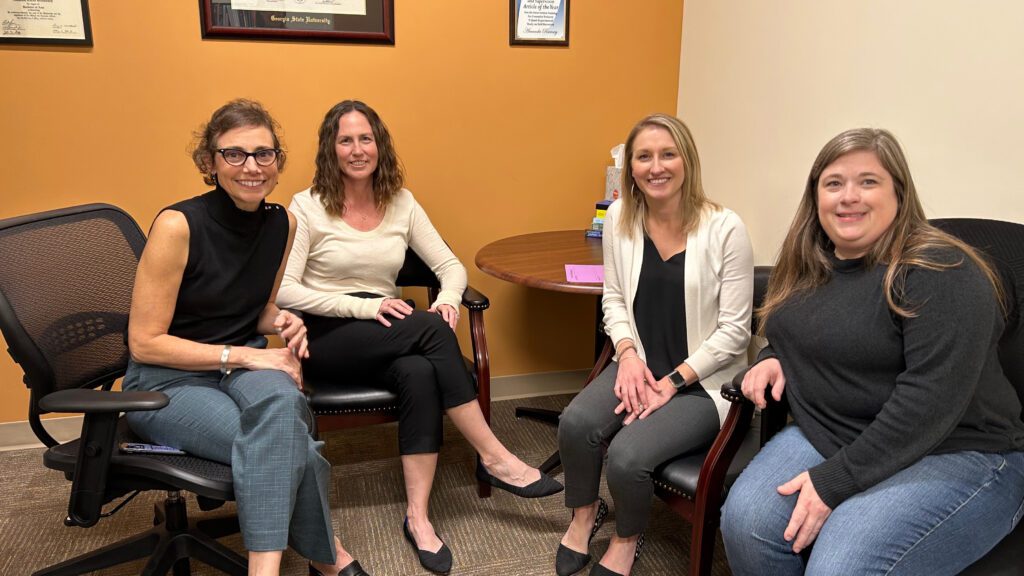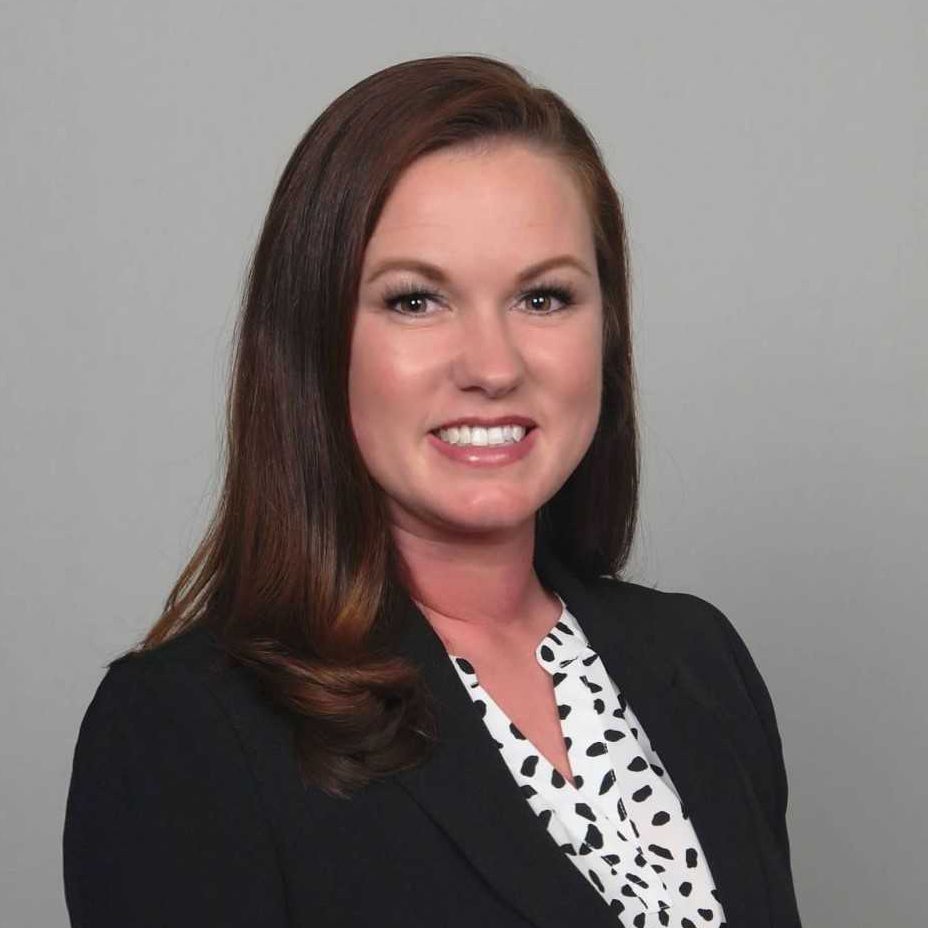A group of Clemson University faculty members is working with Greenville County Schools to make a positive impact on the ratio of students to school counselors in the district.
Faculty in the College of Education will use a $5.8 million award from the U.S. Department of Education over the next five years to identify and educate current Greenville County Schools employees who seek to become school counselors. The grant, which will fully cover tuition, will allow current teachers and other employees in the district to continue working while pursuing this opportunity.
The impact that school counselors can have on a school isn’t limited to a single classroom; they have the privilege of serving an entire population of students. School districts strive to keep the ratio of students to counselors to a manageable number, as a high ratio leads to overburdened counselors and teachers pulled away from teaching to address more mental health and behavioral needs.
Elizabeth House, director of school counseling services for Greenville County Schools, shared that the district has the lowest ratio of students to school counselors in the state, but the district seeks to have more counseling support due to its size and its desire to increase diversity among school counselors. Amanda Rumsey, assistant professor in the College of Education and project leader, said that recruiting directly from the district will have numerous benefits for schools in both the short and long term.
“We will work to train people from the district who are already familiar with their schools, and we will focus on supporting all schools with special attention to those schools with the most need,” Rumsey said. “More highly trained counselors ultimately help every teacher and student in the school system as well as the communities that surround them.”

The project will recruit from Greenville County Schools and build cohorts of 12 students each year for four years. These cohorts will complete the College’s counselor education program along with graduate students preparing to be school counselors and clinical mental health counselors. Rumsey envisions current teachers and other district employees taking advantage of the opportunity, as graduate students will retain employment in the school system and tuition will be covered entirely by the grant.
Students in the program will complete the 60-credit-hour program, which includes 700 hours of supervised field experience in a PK-12 school. To make the program experience as relevant and impactful as possible, all field experiences will take place in Greenville County Schools, with a minimum of 600 hours in high-needs schools. The program defines high-needs schools as those that serve children from low-income backgrounds and have a high student-to-qualified-mental-health-services ratio.
Rumsey said the program stresses counseling that is culturally responsive so that any counselor coming from the program can more effectively serve students and families from multiple cultures and backgrounds. Rumsey said that the cohorts who emerge from the program will be made up of graduate students who reflect the demographics present in the communities served by the district when possible.
“Students from low-income families or underserved communities often need counseling services more, so recruiting candidates from diverse backgrounds or at least preparing them to serve different populations of students is crucial,” Rumsey said.

Greenville County Schools is the largest school district in South Carolina with 106 schools and centers across a large geographic area. The district serves the largest number of students in the state from low socioeconomic backgrounds with over 60% of their 77,000-plus students from impoverished homes.
House said the district has great respect for Clemson’s counselor education program, and she looks forward to the continued partnership with Clemson University. The district leadership has been continually impressed by how involved the counseling program faculty members are with schools during internships and even after counselors have graduated from the program.
“School counseling has taken on an increasingly important role in schools, and we look forward to being able to place additional professionals in Greenville County Schools who can provide that strong support system for students and teachers,” House said. “The fact that these professionals will come from existing positions in the district and represent the makeup of our school communities will make them that much more effective.”
Get in touch and we will connect you with the author or another expert.
Or email us at news@clemson.edu

